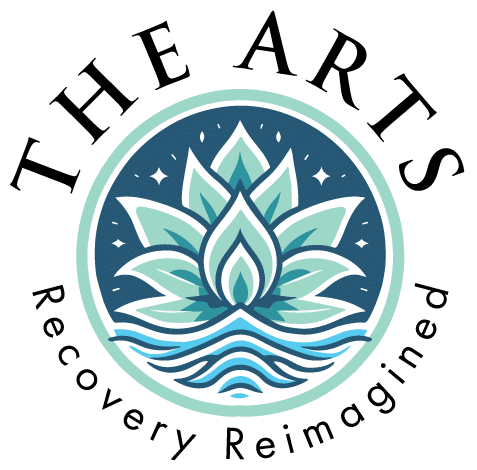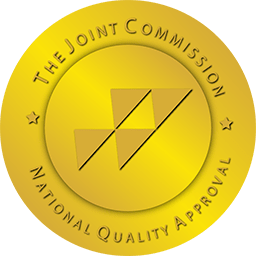Staying sober during the holidays can be a challenge. Every person has triggers that are unique to them, but being able to identify yours or those of a loved one can make sobriety less challenging as the season advances. Here are some of the more common triggers that can make staying sober during the holidays more difficult, followed by three of the less talked about ones.
Family dynamics
This can loosely be described as the patterns and interactions one has with family members. However, researchers have not entirely come to a consensus on the definition of family dynamics or even who constitutes a “family member.” Many studies consider one’s living situation, extended family, children, significant others, and more when studying family dynamics. No matter how you define it in your life, remember that supportive relationships should provide love, advice, and care, while stressful family relationships are burdened with arguments, constant critical feedback, and onerous demands.
Social pressure
If it feels like you have less free time during the holidays, you are probably right. There are typically more gatherings during the holiday season than at any other time of year. This could be due to the holidays themselves, or due to religious or social reasons such as holiday celebrations through work, events through a child’s school, church events, small group gatherings, or “obligation gatherings” such as a partner’s family holiday get-together.
Financial pressure
Holiday spending can quickly overwhelm even the most budget-conscious spender. In addition to gifts for family, the holidays often bring increased travel costs, invitations to events that may bring additional expenses, such as new clothing or items for a gift exchange, or even solicitations for donations.
Work-related stress
Many industries and companies have quarterly or annual goals and deadlines to complete at the end of the year, so employees may find themselves working more than usual to meet these expectations. November and December can also be difficult times to request time off from work.
Changes to routine
The holiday season can disrupt healthy habits including eating, sleeping, and exercise routines. It can be a time of over-indulgence and temptation in many ways. For a person in recovery, it can also take away focus from their self-care routines or make it harder to connect with therapy sessions or support group meetings.
Here are three more triggers that may not be recognized as widely as the previous five, but can make staying sober during the holidays just as challenging, if not more so:
- Nostalgia: It’s human nature to feel nostalgic at times, and the holidays have a way of highlighting that for many of us. You might find yourself yearning for times when substance use played a role in your life, or it could bring out feelings of grief and sadness when remembering loved ones lost to addiction.
- Trying to make up for lost time: Some people in recovery may find themselves working extra hard to make up for time lost to addiction or to “prove” they are in full recovery. A danger of this can be overcommitting during the holiday season, leaving little time to focus on self-care.
- Concealing your sobriety: Deciding how much to share about one’s recovery journey can be a source of stress, particularly in social gatherings that are new or that involve new acquaintances.
Identifying and understanding your triggers is important for your health and well-being. Know that it is normal to feel stressed or anxious for any of the reasons on these lists or for any other reasons you are experiencing. It is also worth noting that these triggers rarely act independently. Rather, you are more likely to experience some or multiple of them at the same time. For example, a person who feels pressure from family to travel out of state for a family gathering, but may not have the emotional bandwidth or money to really enjoy it may experience family and financial pressure at the same time.
The ARTS Can Help
The ARTS (Absolute Recovery Therapeutic Solutions) understands the pressures and stress that can make staying sober during the holidays more difficult, and we are here to help. If you or a loved one are exploring treatment options, please connect with us today. Our compassionate, caring treatment providers are ready to work with you or your loved one to create a personalized, holistic plan. We have a variety of outpatient treatment options available to support you now and throughout your recovery journey. To learn more about how The ARTS IOP (Intensive Outpatient Program) can support you and your journey toward recovery, please reach out to us today.





